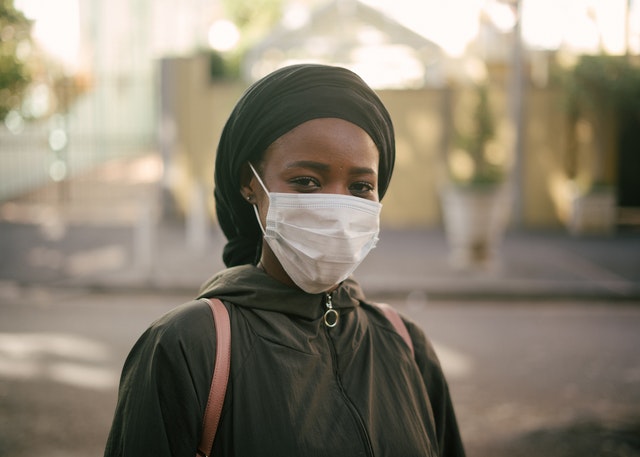
How to Manage Your Life During a Global Pandemic
Media coverage, the president’s multiple conferences, and the nation’s stay-at-home orders have highlighted COVID-19 as a unique threat, which have triggered panic, stress, and a wide range of mental health disorders.
Panic, anxiety, and stress have been linked to outbreaks; pandemics affect individuals and society on many levels, causing disruptions to our daily routine. As our concerns over the outbreak grow, our fight & flight get activated and we tend to act irrationally.
This is often followed by anxiety-related behaviors, sleep disturbances, depressive symptoms, and an overall lower perceived state of health. Those of us who struggle with mental disorders are more vulnerable to the effects of widespread panic and threat. Mental health disorders that are typically maintained and stabilized, such as OCD, are exacerbated during a time like this.
The outbreak of Coronavirus is anticipated to have a ripple effect on our mental health. We are here to remind you that you are not alone; this is a global pandemic affecting everyone worldwide. Here are some tips to explore and hopefully implement during this time.
Tips to manage your mental well-being during the COVID-19 Pandemic:
Manage your expectations:
- Quarantine bringing unprecedented productivity implies that we should raise the bar, rather than lower it.
- Do not underestimate the cognitive and emotional load that this pandemic brings, or the impact it will have on your productivity, at least in the short term.
- Difficulty concentrating, low motivation and a state of distraction are to be expected.
- Adaptation will take time. Go easy on yourself as we settle into this new rhythm of remote work and isolation,
- We need to be realistic in the goals we set, both for ourselves and those around us.
Try to proactively manage your stress threshold and think of the acronym P.L.E.A.S.E.
Pl: Treat your physical illness.
E: Eat Healthy.
A: Avoid Mind altering substances.
S: Sleep hygiene.
E: Exercise.
Know your red flags:
- Try to manage moments of distress by identifying the key thoughts and physical sensations that tend to contribute to your cycle of distress.
- Our thoughts (“Why can’t I concentrate?”), feelings (frustration, worry, sadness), physical sensations (tension, upset stomach, jitters) and actions (such as compulsively checking the latest COVID statistics) each amplify negative emotional spirals. Addressing one aspect of this loop will reduce stress.
- Example: breathing in for four counts (hold for four, breathe out for four and hold for four, then repeat) can de-escalate the cycle and help you regain control.
Establish a sense of routine:
- Create clear distinctions between work and personal time, ideally in both your physical workspace and your head space.
- Find something to do that is not work and is not virus-related that brings you joy.
Be compassionate with yourself and others:
- There is much that we cannot control right now, but how we talk to ourselves during these challenging times can be super empowering. Moments of feeling overwhelmed often come with big thoughts, such as “I cannot do this,” or “This is too hard.”. It is okay to ask for help.
Maintain healthy connections:
- We are in physical isolation not social isolation. Reach out to your family and friends virtually and enjoy emotional connection. Some platform to use are Skype, FaceTime, GoogleMeet, Zoom.
Manage uncertainty and be mindful in the moment:
- Take each day as it comes and focus on the things you can control.
- Follow the appropriate guidelines (CDC) to protect ourselves and those around us.
- Minimize watching, reading or listening to news about COVID-19 that causes you to feel anxious; seek information only from trusted sources to protect yourself and loved ones.
- Seek information updates at specific times during the day, once or twice. And refrain from sudden and constant streaming of news reports about an outbreak that can cause anyone to feel worried.
- Please, seek professional help if you have lost someone near and dear to you as a result of COVID-19.

